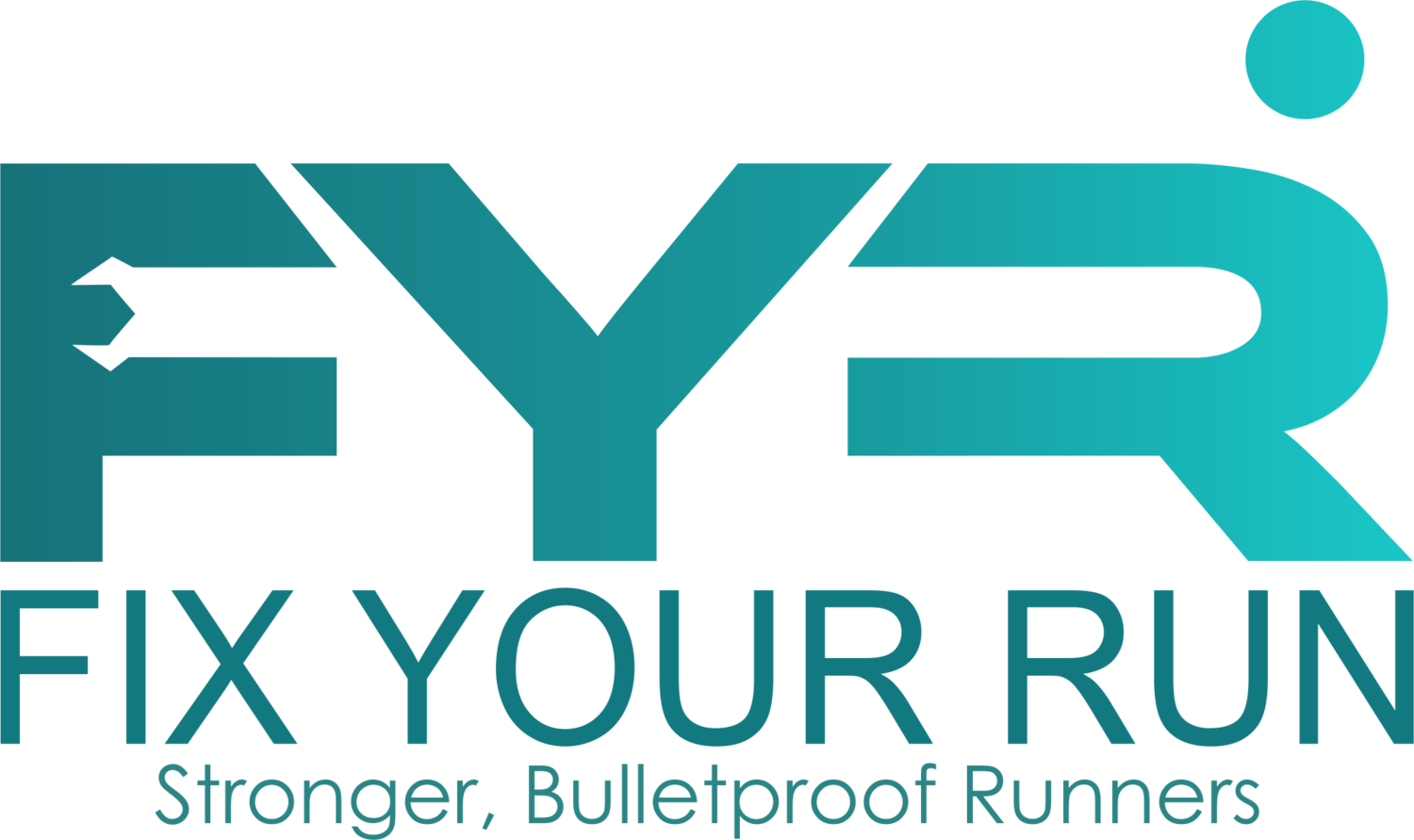Jeanne and I agreed to meet for lunch to discuss training for the Marine Corps Marathon. It was to be her first marathon in 14 years and she hadn't trained consistently at all during the intervening years. She was (and still is) busy raising children but became motivated after hearing about a friend who'd run well in a recent marathon. Naturally competitive, she just HAD to see how she would stack up.
A few minutes into the lunch she revealed her real goal: qualifying for the Boston Marathon. And she didn't mean eventually. She wanted to qualify AT Marine Corps. This after telling me she'd just run Broad Street in 1:26, or close to the same pace she'd have to maintain for 26.2 miles.
Hmm, ok. Well, I like to be optimistic and positive so I said I'd cheer her on, but that it would require a lot of hard work. And there are no guarantees when it comes to the marathon! I told her, “hey, all we can do is train as intelligently as possible. Control what we can control. Do the little things outside of running...”
When I meet someone who is new to focused training I get excited. The athlete in front of me is full of potential and has no idea how much they can improve. In fact, I have no idea how much they'll improve.
Science tells us that people respond to training in wildly differing amounts. Give two people the same workout routine for 3 months and some will improve their aerobic capacity 4% and some will improve 40%. Thats a 10-fold difference! So it's just impossible for me to tell someone how much they'll improve if they've never trained (properly) before.
I could hunt for clues by assessing certain natural abilities: vertical leap, 50 yard dash, 1.5 mile run, etc. But that still wouldn't tell me how well someone will respond to training. You just have to train and see for yourself.
One of the reason elite athletes are elite is that they respond exceptionally well to training. It's easy to see that if someone was busting their ass and only responded 4%, they probably wouldn't be as motivated to continue training so hard.
So back to Jeanne. She woke up EARLY and got her midweek training in before preparing the kids for school. She drank her recovery smoothies immediately after hard sessions. She listened to her body and cross-trained when necessary.
A little over four months later she was a Boston Qualifier!
If you have never given formal training a try, I understand. Perhaps your goals aren't so competitive. But it's amazing to see the change in self-image after such a dramatic fitness transformation. It's like a confident new identity emerges. One that is truly able to see what is possible.
PS: Just as a personal example, in 2003 I ran my first marathon in Chicago (totally flat) in 3:55 and hurt BIG TIME during the last 6 miles. Lots of walking!! I knew I could do better and decided afterwards to train seriously for about a year. Next marathon: Philly in 3:01, a 54 minute improvement! You just never know how you'll respond to consistent training until you try!


